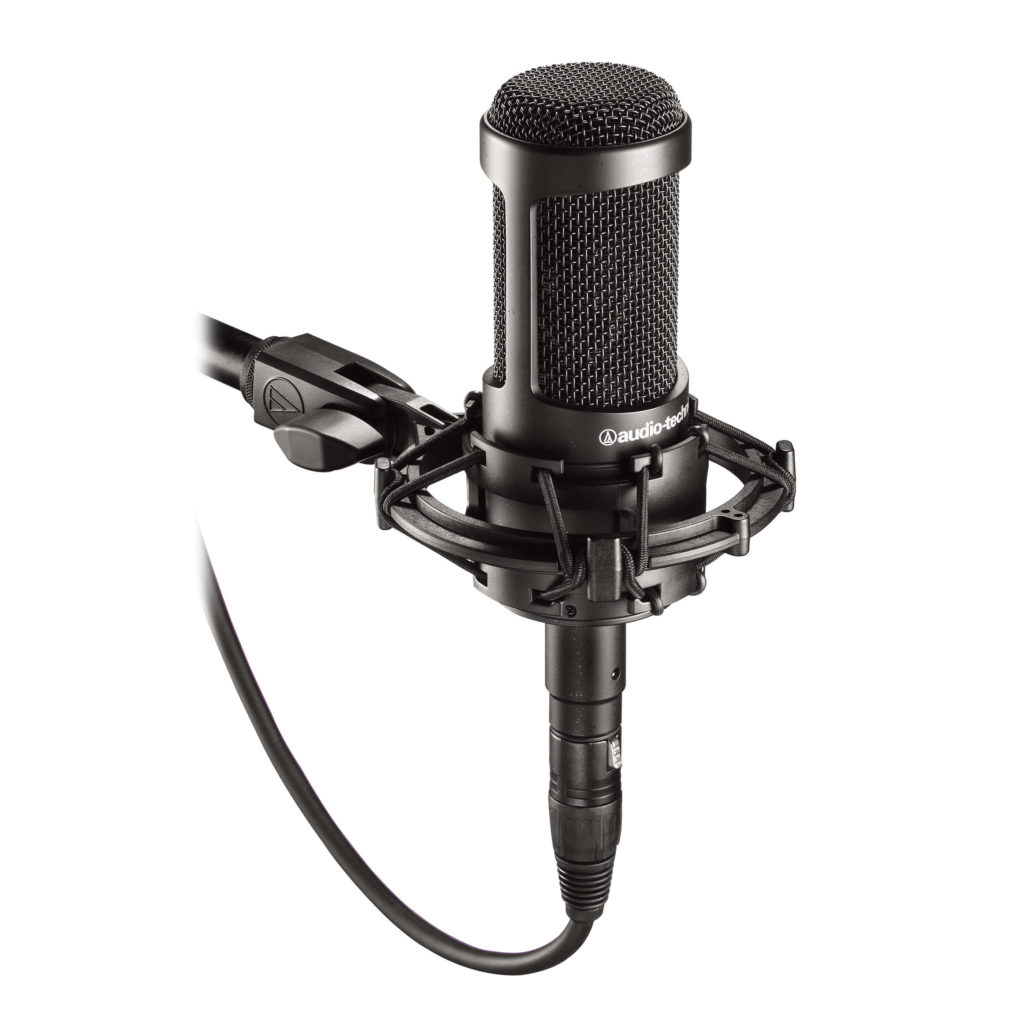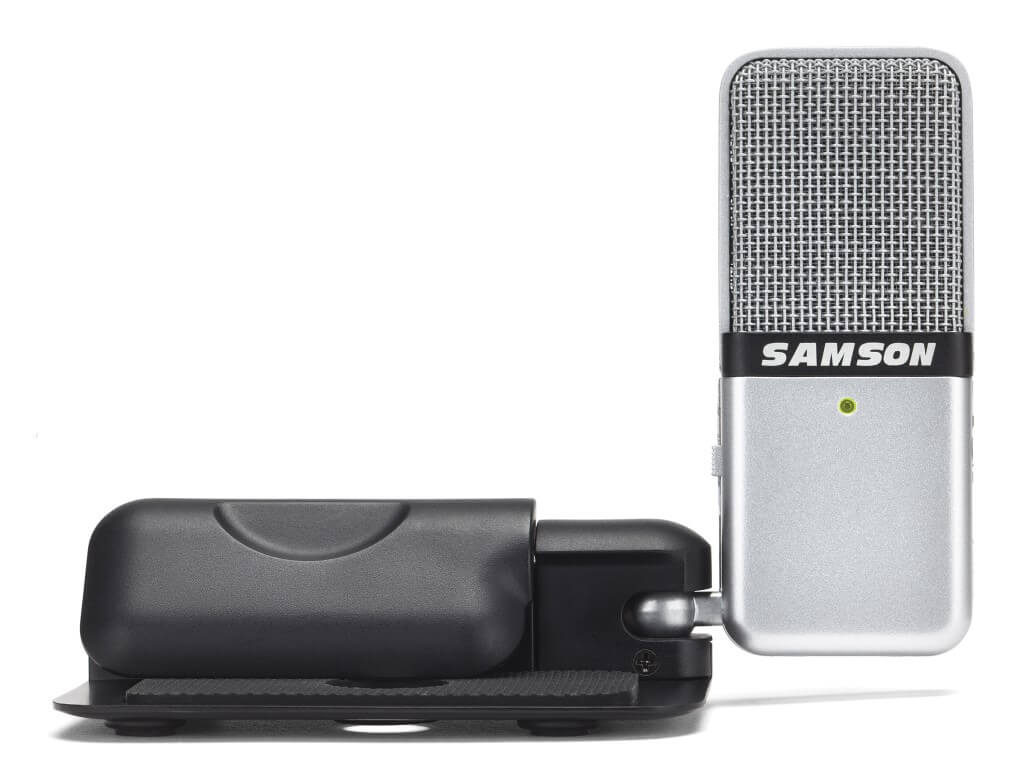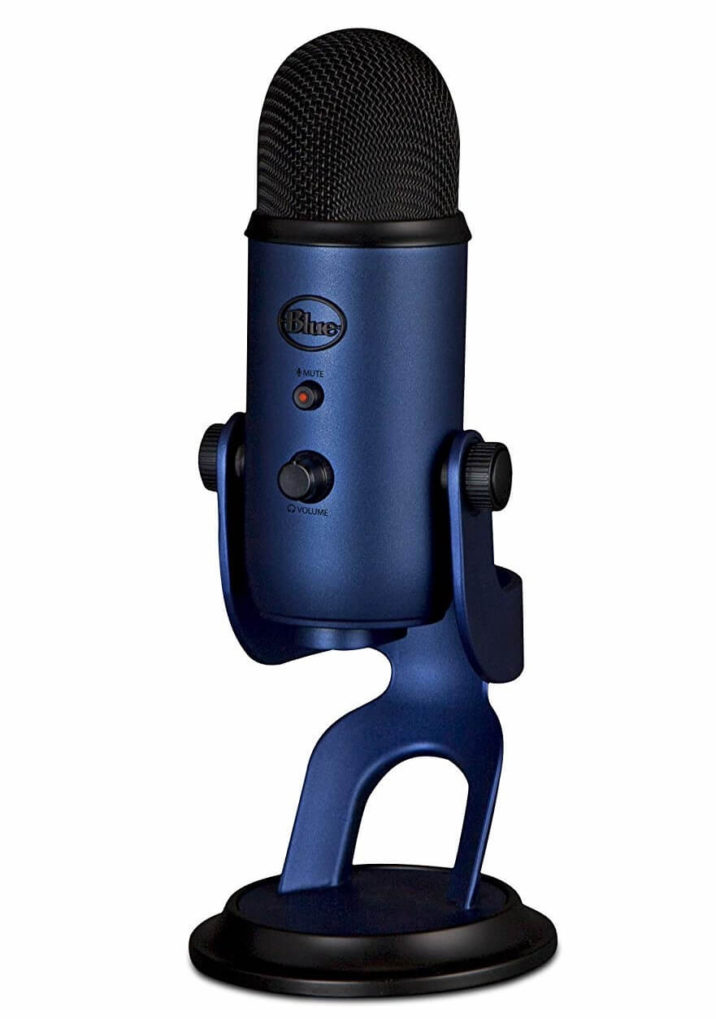Podcasting is an effective technique for a business to grow. You’ll see several tech giants making use of podcasts to grow their audience and ultimately their customers. To do a podcast, the need for a great recording microphone is always in there. It is believed that, if your podcast has got good content and voice quality is down you’ll end up losing your audience.
Due to the increase in demand for microphones for recordings, the number of manufacturers has been multiplied. Tens of companies are manufacturing the microphone thing and it becomes difficult to choose the one that fits your requirements.
Before we get to know the best recording microphones, here’s a short guide on what a good recording microphone has:
Goodness in a microphone is depended on the digital recordings it produces. The recording should be noise-free, with the noise-free, there should be no down to the quality at the same. Another thing to note down is the build quality as it’s kind of a fragile gadget and if the build quality is not up to the mark, it can’t manage the portability or on the go thing.
So, you need to consider both the voice recording quality and the build quality at the same time. If you are a beginner sound engineer, it also helps to have something you can rely on when the going gets tough and you need something that performs and can take a beating on the road.
Best Recording Microphones to Start Podcasting
Checking out the build quality and the recording quality microphones have got, best recording microphones are listed below, choose the one that suits your requirements and budget, both:
#1. Audio-Technica AT2035 Cardioid Condenser Microphone

Founded in 1962, Audio-Technica has played a great role in manufacturing quality microphones. AT2035 is one of their best sellers products when it comes to professional microphones.
Improved audio quality that is clearer and soft for the ears, noise-canceling features, producing natural sounds irrespective of the situation are some of the best features AT2035 comes with.
Not only this, AT2035 comes with a great diaphragm (in size) which helps you record natural and smoother sounds with 99.9% noise reduction. The microphone is comparatively used in studios due to its ability to pick up a wide range of instruments.
Authority marketers and social media giants have been seen using AT2035 for recording their podcasts.
Audio Technica AT2035 Specifications:
- High-Pass Filter switch with a frequency of 80 Hz
- Frequency response ranges from 20 Hz to 20 kHz
- Pad Switch of 10dB (better than average)
- XLR connectivity (not available in local microphones).
#2. Samson Go Mic Portable USB Condenser Microphone
Samson Go is a good name in the microphone industry and their Portable USB condenser microphone has got pretty cool features. The portability and the product design are the key features to consider. If you’re traveling and don’t wanna stop the podcast releases, go with Samson Go’s Portable USB Mic.
For an average budget, you get a pocket-sized microphone with good sound quality. It records 16-bit/44.1 kHz audio which lacks in budget microphones. With all this, the gadget has got two recording patterns:
The cardioid polar pattern for interviews and studios and omnidirectional polar pattern to record a conference.
Samson Go Mic Specifications:
- 16-bit (44.1 kHz) recording resolution
- Compatible with Mac and Windows
- Produces USB output
- Portable and weighs a few hundred grams
- Hooks with laptop screen or desk for smooth recordings.
#3. Blue Yeti USB Microphone
If you’ve searched for a portable and quality microphone, you might have come across this beauty. USB microphones are getting popular due to their connectivity and Blue Yeti wins the game of USB microphones.
Podcasting gurus recommend Blue Yeti for the beginners as it is easy to use. Unlike other USB microphones, you can choose from four distinct polar patterns; including cardioid, omnidirectional, bidirectional, and stereo.
Another exclusive feature is a built-in headphone jack to monitor the recording on the go with absolutely no delay.
Blue Yeti Specifications:
- 16-bit, 48 kHz recording resolution
- Compatible with Mac and Windows
- USB connectivity
- Zero-latency for monitoring
- ⅛ – inch headphone jack
- Omni, cardioid, bidirectional and stereo polar patterns.
Bottom Line:
When it comes to the podcast, the choice for the best microphone limits to the one with natural and smooth sound quality, noise-canceling features and portability. Some budget microphones go down in these features so going for mid-range microphones works great when it comes to podcasts recording.
You may also like to read: 8D Audio: The Future of Music Technology

